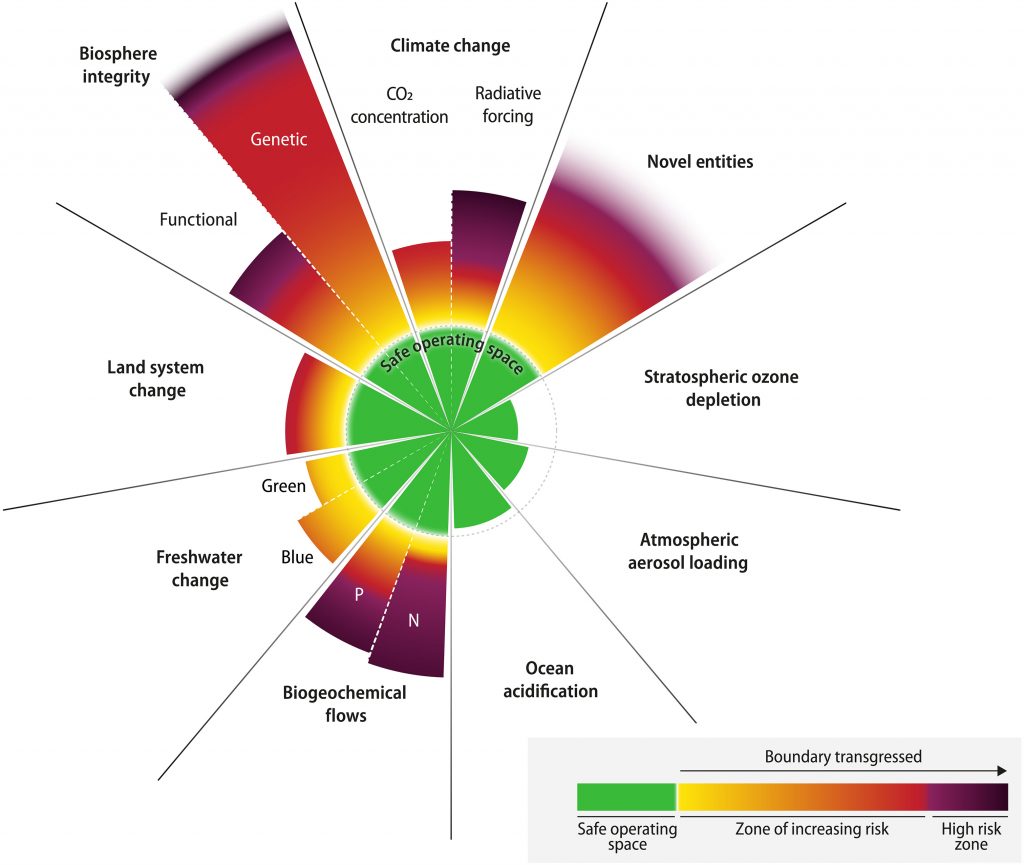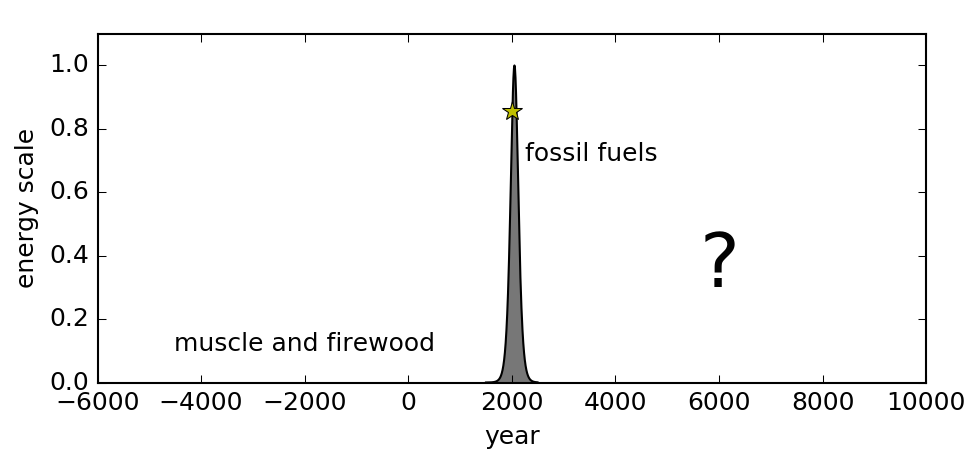Ahmed Afzaal
What is metaphysics and why should I care?
Metaphysics is a branch of philosophy that seeks to describe the world at the most general level. By its very nature, metaphysics has to function at a high level of abstraction, just like mathematics. This can make it seem as if metaphysical concerns and inquiries were completely disconnected from real life and practical matters. But that is a misconception.
All organized knowledge needs a metaphysical foundation to stand upon. Take away that foundation, and the entire edifice of knowledge comes crashing down. Every worldview presupposes a metaphysical scheme, and so does every natural or applied science. The scientific enterprise cannot proceed without taking for granted numerous assumptions, none of which can be justified through the scientific method. For instance, a practicing scientist has to assume that scientific knowledge is worth pursuing, but this is a normative statement about values and can never be scientifically demonstrated. The same is true for the assumption that only certain types of data are relevant for science, or that the phenomena which can be quantified are more important than the phenomenon which cannot be quantified, or that it is possible to have knowledge that is free of all presuppositions. All of these are metaphysical propositions.
Why does metaphysics matter for planetary limits?
Much of our ecological predicament is the product of a particular way of being, sometimes called “modernity.” This way of being includes modern science, modern technology, and modern capitalism, among other things, all of which derive their legitimacy from a particular metaphysical scheme.
As a full-fledged, systematic philosophy, the metaphysics that grounds the modern way of being was first articulated by the French thinker Rene Descartes. In a nutshell, Cartesian metaphysics consists of the following general principles: (1) mind and matter are two completely different substances, (2) subjectivity is unique to humans, (3) we can know the natural world objectively because we stand apart from it, (4) there is no final causation in the natural world and therefore no intrinsic purpose or meaning, (5) everything in the world, with the exception of the human mind, is fully determined by efficient causes; (6) the only value of the natural world comes from its utility to the human subject.
Regardless of whether or not we consciously hold these beliefs, they remain the fundamental assumptions that ultimately justify the modern worldview and the modern way of being. We cannot grasp the root causes of our ecological predicament without appreciating the ubiquitous influence of Cartesian metaphysics.
But can’t we fix the ecological crisis by changing government policies?
No. The kind of changes we need aren’t even imaginable within the dominant metaphysics.
Is it possible to replace Cartesian metaphysics with something better?
Yes. But it’ll take a lot of effort.
Does that mean we have to build a new metaphysics from scratch?
No. Alternatives to Cartesian metaphysics already exist. Probably our best option is Process Philosophy, as developed by Alfred North Whitehead.
Will a better metaphysics be enough to fix the ecological crisis?
No. But it is a necessary condition for any significant progress.
Ahmed Afzaal is an associate professor of religion at Concordia College, in Moorhead, Minnesota, USA


